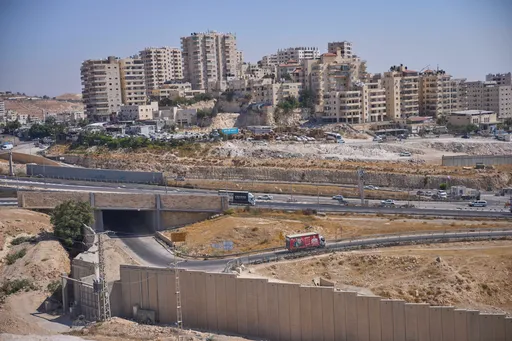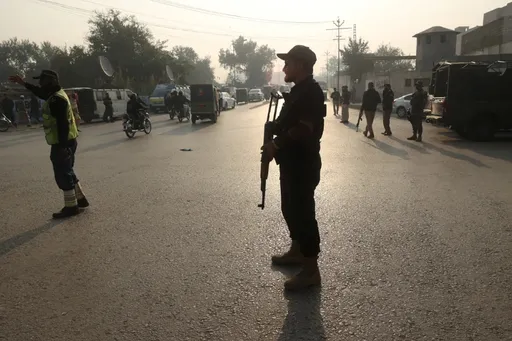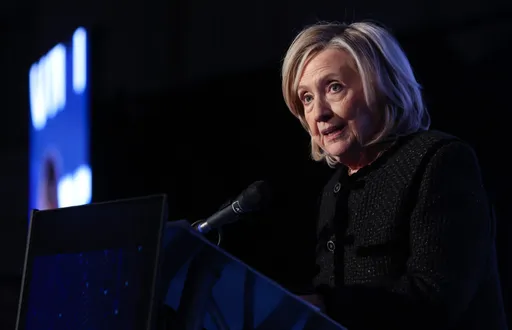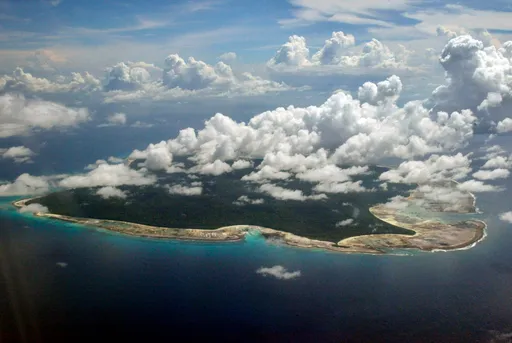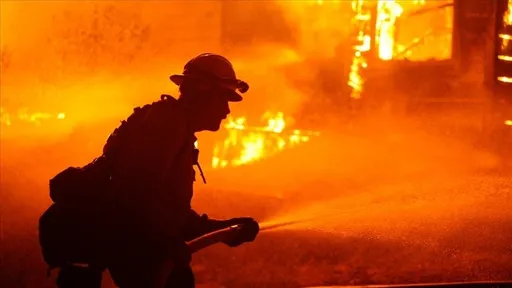At first, Lubna Shahid, who works for a private bank in Karachi, was not in the least interested in Dirilis (Resurrection) Ertugrul, the immensely popular Turkish drama series. A friend had recommended the show but Shahid thought it would be just another romantic soap opera.
Then she heard Pakistan’s Prime Minister Imran Khan insisting in a video that everyone must watch the series and she finally decided to log in to Netflix to see what the fuss was about.
“The first episode was a bit slow. But then I don’t know what happened and I was completely bowled over. Some nights I would go through ten episodes in one sitting and in the morning my eyes would hurt when I get up for work,” she told TRT World.
The series, based on the life and times of the 13th-century Muslim Oghuz Turk leader, Ertugrul, has taken Pakistan by storm.
Ertugrul was the father of Osman, the founder of the Ottoman dynasty, which ruled a large part of the world for 600 years.
First launched in 2014, the lengthy five-season series produced by Turkish Radio and Television (TRT) has already hit the screen in 60 countries. Many people like Shahid are watching it on Netflix where it has been available for more than a year.
Late last month, state broadcaster Pakistan Television (PTV) started airing the show with Urdu dubbing under an arrangement with TRT, making it accessible to a far greater audience and igniting public interest.
Since then, Ertugrul’s military conquests, family dilemmas and religious convictions have become all the rage on social media. People are sharing memes and the dialogues have become a part of Pakistan’s cultural lexicon.
Overnight, it has shot up PTV’s subscriber base on Youtube where new episodes of the Urdu-dubbed version are regularly uploaded. There’s even a WhatsApp campaign urging viewers to make it the most watched Youtube content ever.
Ertugrul has given people something to watch outside of English-language Hollywood movies, says Rafay Mahmood, who has been writing on Pakistan’s entertainment and cultural landscape for more than a decade.
“You have a production, which is of a similar scale to Hollywood, you have dramatic tropes that are very grand, the storytelling is extravagant and when dubbed in Urdu, your colloquial language, it very much becomes an alternative to Western content.”
Ertugrul’s producers have spent a lot of money and time on enhancing the quality of action scenes, even hiring a famous Hollywood stunt team, NOMAD, for the purpose.
This isn’t the first time a Turkish drama is entertaining Pakistanis. Other series such as Ishq e Mamnu (Forbidden Love), Mera Sultan (My Sultan), and Fatmagul have been major hits. But Ertugrul has generated unprecedented interest.
Despite the hardcore battle scenes, families are watching it together. With social distancing measures in place amid the coronavirus pandemic, people are greeting each other with their heads bowed, hand to the heart and a bey, the Turkish title for ‘Mr’.
In homes kids are using imaginary swords to fight each other. Some see hints of Islamic revivalism while others find a cultural commonality that they didn’t know existed.
The heavily embroidered clothes of female characters resemble the Balochi Dochi Pashk, a dress that women from Pakistan’s southern Balochistan province normally wear. The similarity has started a debate about the origins of Baloch and their connection with the Turks.
However, it's perhaps religion that has come to bind millions of viewers with Ertugrul and his legacy.
'Like us'
Rehan Ali, a 38-year-old marketing consultant, is hoping that Ertugrul will help reinforce Islamic religious beliefs and the importance of family for his three kids, aged between five and nine years old.
One recent evening his whole family huddled on a couch and watched dozens of episodes in a 14-hour marathon run. An avid horse rider, Ali has already binged the entire series and with so much concentration on its tiny details that it might even leave the show’s creator, Mehmet Bozdag, scratching his head.
For instance, Ali points out that the characters keep getting on different horses. “We go to a riding club every week. And you always take the same horse no matter what. Now in the series except for Aktolgali, which is Ertugrul’s horse, the others keep hopping on to other horses.”
The best thing about the show, Ali says, is that he doesn’t have to worry about his children watching it by themselves - his nine-year-old son is watching it all over again on PTV.
“What’s good for my kids is that they see these characters who say As-salamu alaykum, they put their trust in Allah like we all should be doing. They pray like we do. They put their dead in the ground just like we do.”
Unlike John Wick or Wolverine - fictionalised Hollywood characters - Ertugrul is someone who Ali can relate to.
“Ertugrul is conflicted by the decisions of his immediate family members. He has a wife and a mother. He’s responsible for his sister and brother. He has to take care of his children and with all this, he’s also responsible for his destiny.
“I can not associate with a Western hero because he’s generally a single, orphan, dejected guy who has a very good heart. But he is still a loner. With Ertugrul, there’s a subtle embedeness of family values and faith and all of that comes out as a good role model for my children.”
More than just the heroics of a man who fought Christian Byzantines and the Knights Templar Crusaders, people are finding a deeper, personal connection with Ertugrul’s life.
Shahid, the banker, says she likes how women have been depicted as strong-headed individuals, who manage household chores while also helping financially.
Take Hayme Hatun, Ertugrul’s mother, who had to balance the love for children with a sense of fairness in the interest of the tribe. “I loved the way she runs the carpet workshop with other women while playing her ceremonial role as the first lady - being a constant support to her husband in thick and thin.”
A hero they want
Since the 9/11 attacks, Pakistan has been at the centre of the United States-led war on terror. Suicide bombings and counter insurgency campaigns have dominated national discourse.
Naturally this has made many people want to wade into the more glorious Muslim past, says Mahmood, the journalist. “Turkish history from a Pakistani prism gives you the best of both worlds. You get a bit secular, a bit modern Islamic history.”
Pakistanis also have a shared history with the Turks, he says. In the early 20th Century, Muslims in modern day Pakistan and India rallied behind the Ottomans in what is known as the Khilafat Movement.
“I feel that in our conscientiousness there’s an unbroken chain between the days of Khilafat and the Ottoman Empire,” says Mahmood.
“It’s not necessary that you have to be an expert in history to know this, these things flow from cultural memory.”
If there’s any such thing as a ‘shared Muslim history’ then Ertugrul has surely helped fill a great vaccum in telling that story.
“In our part of the world we haven’t produced anything of this quality on, say, Muhammad Bin Qasim or Tipu Sultan,” says Muhammad Yasir, a Karachi-based writer.
In the past decade, a lot of Pakistanis have started to look at Turkey’s President Recep Tayyip Erdogan as the lone Muslim leader who takes a firm stand on issues of Muslim plight concerning the Rohingya, Kashmir and Palestine, he says.
“I think all of this has added to our interest in the Turks and their history.
“And quite frankly I can imagine myself as part of Ertugrul’s tribe. But I can never relate to Robin Hood in the same way.”












